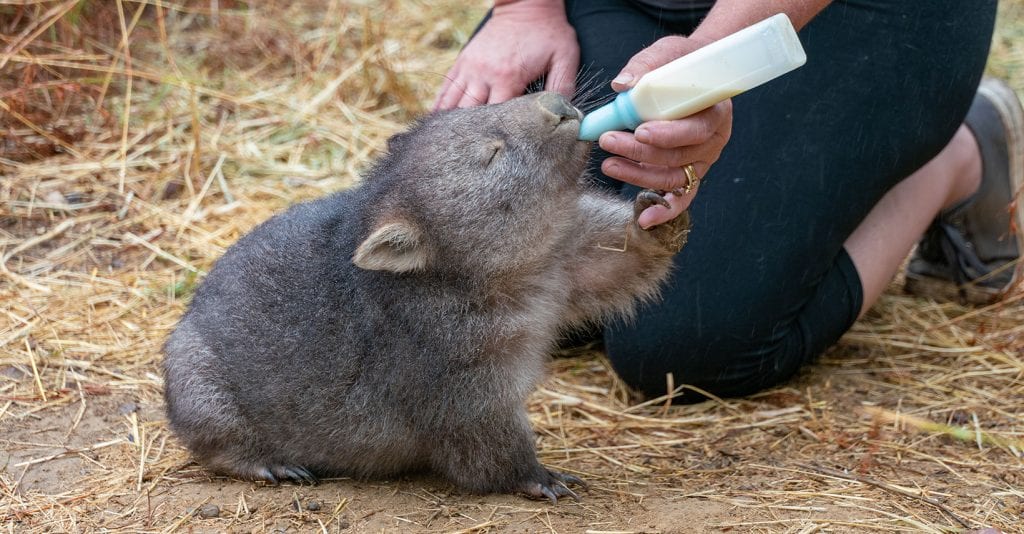Wildlife Information, Rescue, and Education Service (WIRES)
24/7 Emergency Hotline: 13 000 WIRES (1300 094 737) | www.wires.org.au

WIRES Emergency Advice
For more detailed information, please see the WIRES Emergency Advice Page or the Wildlife Road Awareness Page.
If you find a sick, injured, or orphaned native animal, call a wildlife rescue organization straight away. Improper rescue can hurt or distress the animal and the rescuer. It is critical to get sick and injured wildlife vet treatment as quickly as possible.
When Calling in a Rescue, Report the Exact Location
When reporting rescues to WIRES and vets, please try to confirm the EXACT location you found the animal (use a mobile app to determine the address or GPS coordinates). This is because many native animals are very territorial, so it’s critical that, when they are ready for release, we return them “home” to ensure their best chance of survival.
In addition, if we know the exact location the animal was found, many young animals have a better chance of possibly being reunited with their parents.
Certain Animals Should NOT Be Approached
If you encounter a sick, injured, or orphaned animal on the list below, call a wildlife rescue organisation straight away. These animals require specialist handling and MUST be rescued by trained wildlife rescuers.
- Snakes
- Monitor Lizards (Goannas)
- Bats (Flying-Foxes or Microbats)
- Large Macropods (Kangaroos or Wallabies)
- Raptors (Eagles, Falcons, or Hawks)
What To Do While You Wait
After calling a wildlife rescue organization you can:
1) Remove any threat to the animal.
This includes keeping all people and pets away from the native animal, to minimise stress to the animal for vet transport or until a rescuer arrives.
2) If it is safe to do so, contain the animal in a warm, dark, quiet place.
For example, gently wrap the animal in a towel and place it in a ventilated box with a lid, cover the box or container with a towel, and transport it carefully to the nearest vet or wait for the rescuer to arrive. Handle the animal as little as possible to minimise stress.
3) Do not give the animal any food or water, unless instructed to by a vet or WIRES.
Further Reading
For more information on specific species, please visit our Wildlife Information page.
WIRES has also developed a Free Online Community Course called An Introduction to Australian Wildlife. This course has been designed for people of all ages as an easy introduction to Australian wildlife for individuals and families who are unfamiliar with Australian native animals.
Finally, you can download the WIRES Driver Brochure.

Last modified: 30-Jun-2020
Information on this page has been supplied by WIRES.









